If a parent
notices that their child is not developing as they should, for example: there
has been a sudden regression in the child's speech (the child was talking but
suddenly stops), they avoid eye contact, engage in repetitive and monotonous
play, show little interest in people, only in objects, do not respond to their
name, and exhibit other differences compared to other children, it is important
to visit a psychologist who specializes in autism as soon as possible.
It
used to be said that it's advisable to wait until the child is 3 years old, but
that is no longer the case. If you suspect autism, seek out a specialist as
soon as possible.
Parents may
notice the first signs of autism in small infants, even a few months old. For
example, if a child doesn't display facial expressions, avoids eye contact with
people, sometimes even with their own parents, and is only interested in
objects. It's always important to discuss such situations with the child's
pediatrician, who can guide parents and recommend medical evaluations if
necessary, as sometimes a child may have issues with their hearing, and it's
essential to provide the necessary medical assistance to help them develop
appropriately.
What is autism?
Autism, or
Autism Spectrum Disorder, represents a broad range of challenges and
impairments in a child's social interactions, verbal and non-verbal
communication, and stereotypical behaviors. Autism Spectrum Disorder falls
under the category of pervasive developmental disorders, which means that the
impairments are complex and lifelong conditions.
Early
identification of symptoms and appropriate professional assistance are key
prerequisites for the most effective functioning in life. Each person with
autism is unique, with specific manifestations and needs. The autism spectrum
spans from severe forms of autism, where children do not speak, require
constant care throughout their lives, have significantly impaired intellectual
abilities, and may have other health issues, to milder forms, formerly known as
Asperger's syndrome (currently encompassed within the Autism Spectrum Disorder
diagnosis). In these milder forms, individuals can function relatively well,
despite challenges in areas such as emotions, and they can pursue education and
build successful careers. Today, we know of many personalities who have autism
and have achieved success in life, including actors like Anthony Hopkins,
soccer player Lionel Messi, and possibly individuals like Wolfgang Amadeus
Mozart and the well-known contemporary scientist, Bill Gates, who has Asperger
syndrome.
What to do when a child doesn't have any somatic issues but isn't developing as expected, and we're concerned it might be autism? How long should we, as parents, wait?
The earlier a
child receives help, the better their chances of functioning well and keeping
up with their peers. In this regard, there are opinions suggesting that you
shouldn't wait for a doctor's diagnosis, and these views are outdated.
I work with individuals with autism myself, and in February
2023, I attended an international autism conference where speakers emphasized
that the earlier you start working with a child, the better.
For parents
who suspect something might be amiss with their child, I recommend downloading
the free AsDetect app. It can help determine whether your child shows signs of
autism between the ages of 11 to 30 months through video recordings. Concerns
are valid, but the sooner a child receives appropriate assistance, the better
their chances of functioning as well as possible and being less different from
their peers.
If it does
turn out to be autism, it's a very serious diagnosis. Unfortunately, when
parents overlook the preschool years when a child can benefit the most, the
child's development stagnates. When you start working with the child later, for
example, after the age of six, they no longer have a chance to catch up with
their peers.
The ideal age
to begin therapies, sensory stimulation, and the like is around the child's
second year of life. This is also a period when children typically speak
relatively little, meaning they don't differ significantly from their peers.
However, when
you start working with a nonverbal child at the age of six or later, the child
already realizes that they are different from their peers, and this difference
becomes insurmountable. All therapies require time, money, and a lot of energy,
but they have an irreplaceable significance for the child's entire life.
There's a significant difference between a specialist working on a
two-year-old's speech development and a six-year-old's.
Besides
speech, it's also about fine and gross motor skills development, sensory
integration, and stimulation, all of which are crucial for a child's
development.
It's
essential to realize that children with autism are still children who want to
play, many of them want friends with whom they can maintain some form of
connection, they have their emotions, needs, and despite their often
unpredictable and off-putting behavior (such as unusual hand movements or loud
outbursts, or unique interests), they are children who need us to approach them
just like any other child. Even though these children are different in some
ways, they need to feel loved and respected. They have the right to play on the
playground with other children, to laugh, and to enjoy life. The more tolerant
and kind we are as a society towards children who are different, the more we
teach all children, including those who are healthy, about humanity and
kindness. Because even children on the autism spectrum can enrich, inspire, and
be good and loyal friends. I work at a school with children with autism, and
the other children accept them. Let's allow them that. At least to the extent
that it's beneficial and enjoyable for both sides.
Article author: Mgr. Jitka Kneslová, psychologist at the
online counseling MOJRA.

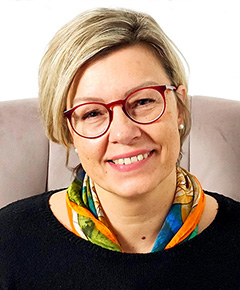









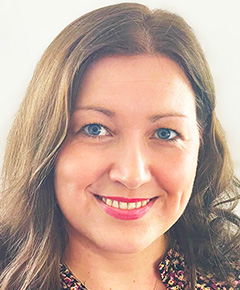

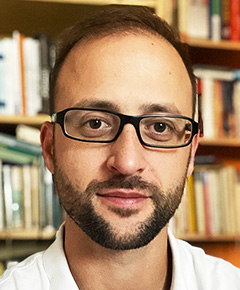


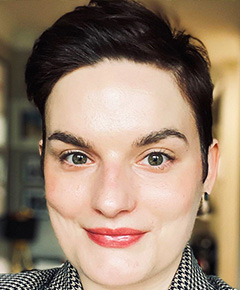

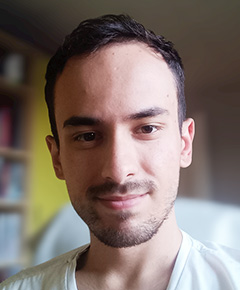

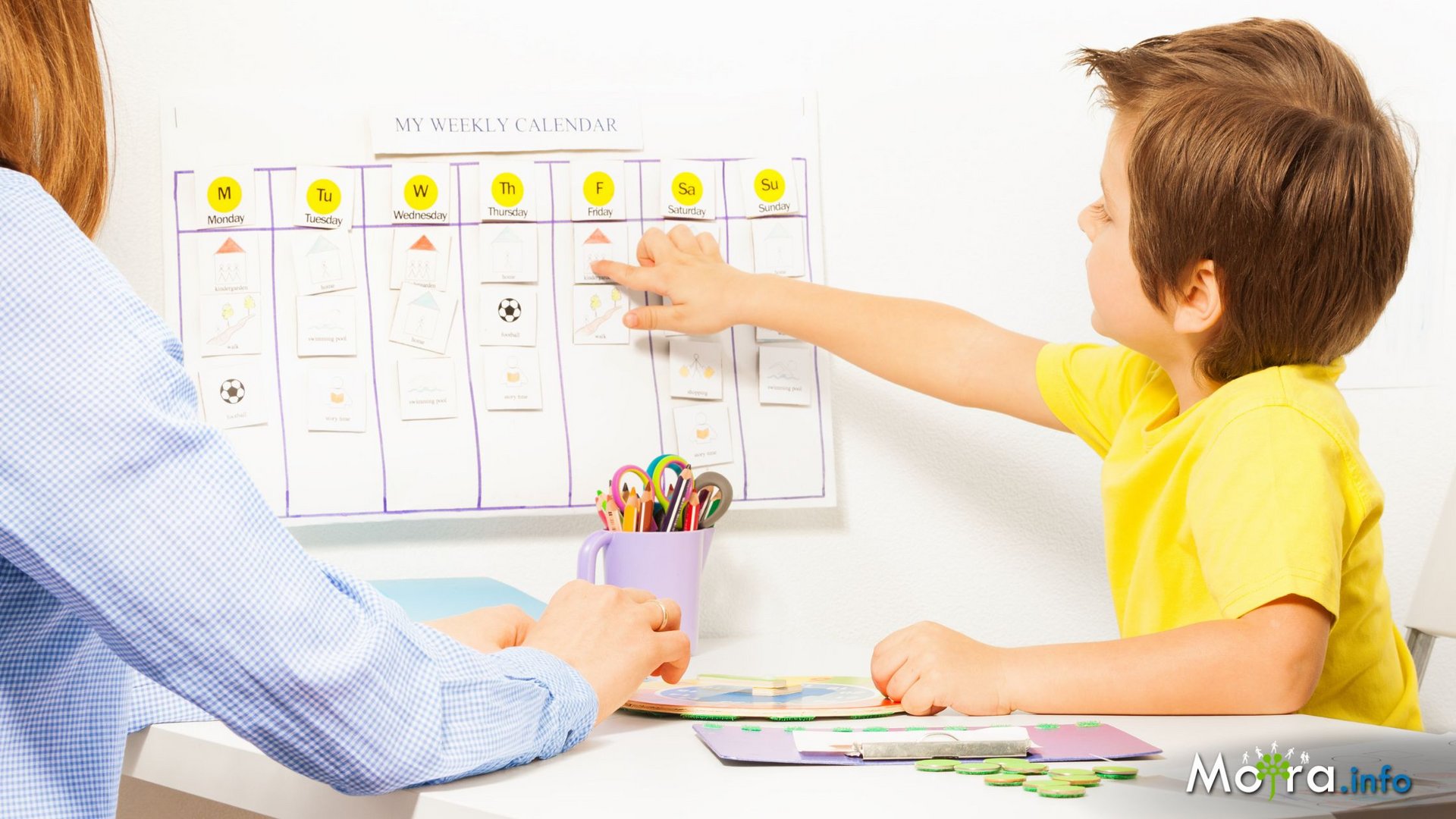


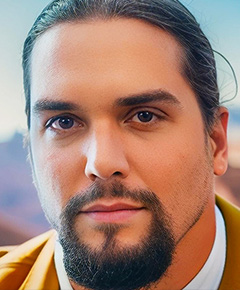

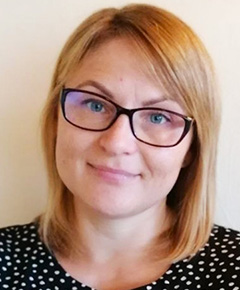


Enter your comment.